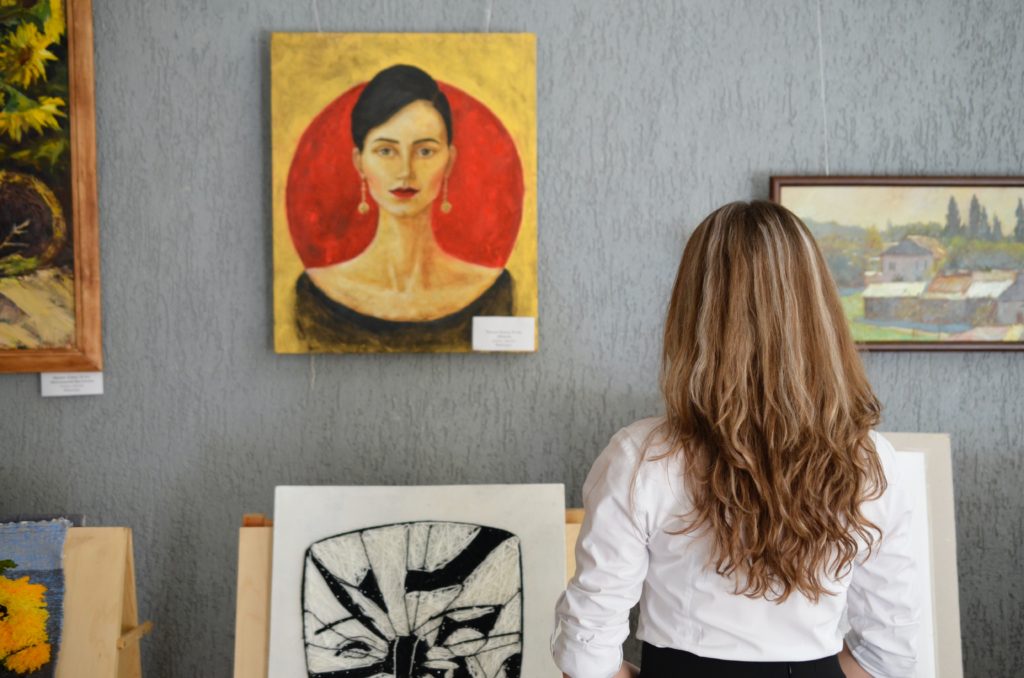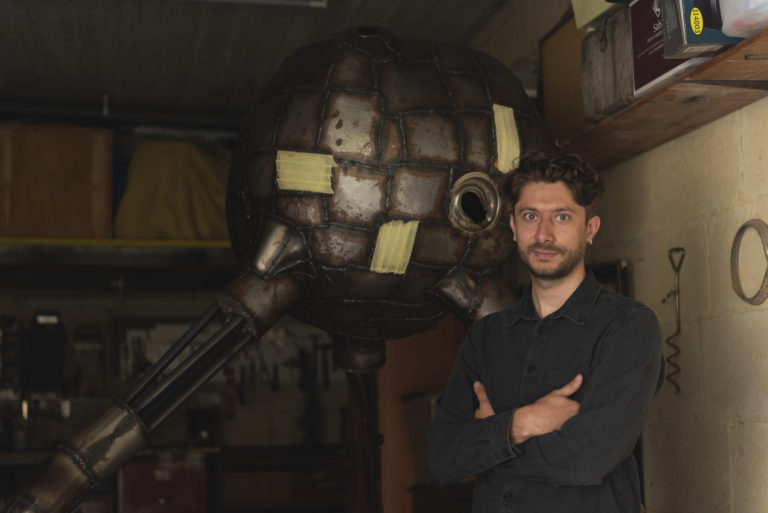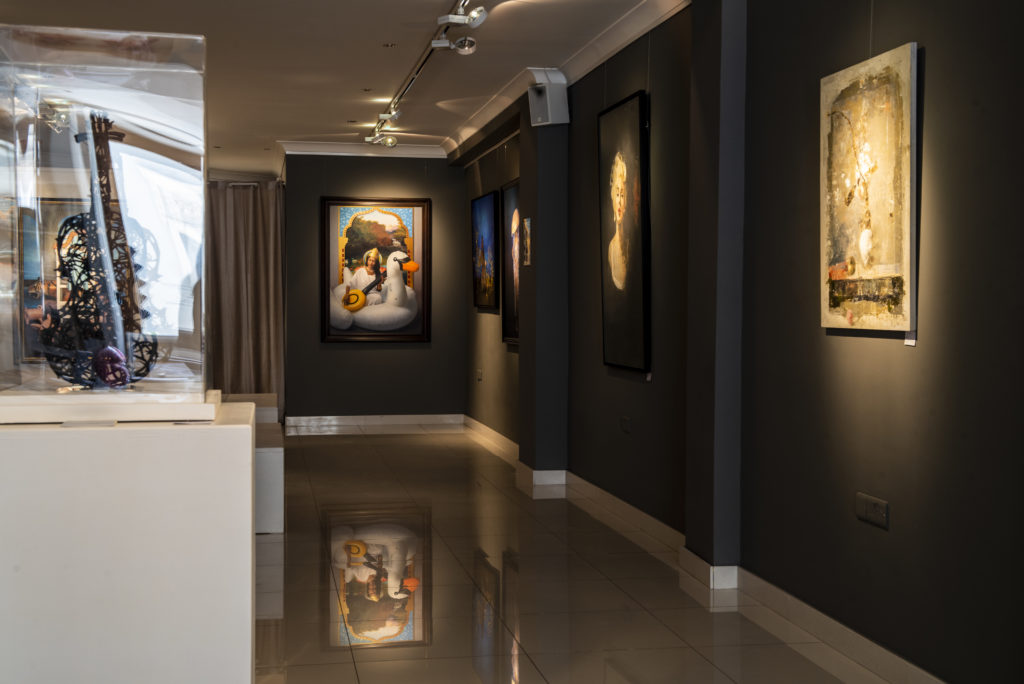Professional career paths in the arts in Malta


In a small country such as Malta, working in an even smaller sector that is the visual arts is tough. An individual is required to wear many hats and single-handedly take on a multitude of tasks to make a living. Such tasks would elsewhere be distributed among a number of specialists. There are certainly advantages to being a ‘jack of all trades’, such as exposure to various aspects of the sector. However, the lack of opportunity to specialise in a career path comes at a cost.
For the general population, unaware of the inner mechanisms of the sector, recognising visual arts as an important sector in its own right is quite hard to do. Understandably so, when from the outside it looks like an effort driven forward by a very small group of artists making art and their friends attending exhibitions. In reality, working in art, even in Malta, offers many more professional career paths that are worth pursuing and definitely deserve more recognition.
Yes, being an artist is a profession. Even though some may have a restricted vision of what being an artist means, or doubts about its sustainability as a career path. Professional artists play a major role in shaping contemporary culture. They provide society at large with visual and experiential material, opening up significant debates about our ways of living and being in the world.

@Thomas Scerri. Photo Credits: Tarunima Sen Chandra
Cultural managers are responsible for policies, projects and programs related to art in the community. They take on the important task of getting to know and providing opportunities for individuals and groups within their communities.

@lilyagiusgallery Photo Credits: Tarunima Sen Chandra
The art of today is making the history of tomorrow and there is no history without adequate documentation. Critically writing about art and artists’ practices and reviewing exhibitions, particularly in an age where artwork and events are increasingly temporary, is priceless in making sure that we have relevant sources to look back to and respond to
A whole new year, with all new art exhibitions. Find out what local Artists, Galleries, Museums and organisations have been working on and discover what…
A whole new year , with all new art exhibitions. Find out what local Artists, Galleries, Museums and organisations have been working on and discover…
What have local artists been working on recently? What have they got in store for you over the coming weeks and months? We’ve put together…
At this point in time we’re starting to fully realise the extent to which the COVID-19 pandemic has altered how we work, live and move…
What have local artists been working on recently? What have they got in store for you over the coming weeks and months? We’ve put together…
| Cookie | Duration | Description |
|---|---|---|
| cookielawinfo-checbox-analytics | 11 months | This cookie is set by GDPR Cookie Consent plugin. The cookie is used to store the user consent for the cookies in the category "Analytics". |
| cookielawinfo-checbox-functional | 11 months | The cookie is set by GDPR cookie consent to record the user consent for the cookies in the category "Functional". |
| cookielawinfo-checbox-others | 11 months | This cookie is set by GDPR Cookie Consent plugin. The cookie is used to store the user consent for the cookies in the category "Other. |
| cookielawinfo-checkbox-necessary | 11 months | This cookie is set by GDPR Cookie Consent plugin. The cookies is used to store the user consent for the cookies in the category "Necessary". |
| cookielawinfo-checkbox-performance | 11 months | This cookie is set by GDPR Cookie Consent plugin. The cookie is used to store the user consent for the cookies in the category "Performance". |
| viewed_cookie_policy | 11 months | The cookie is set by the GDPR Cookie Consent plugin and is used to store whether or not user has consented to the use of cookies. It does not store any personal data. |
Responses